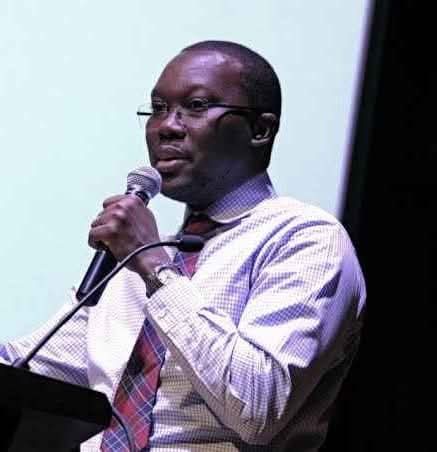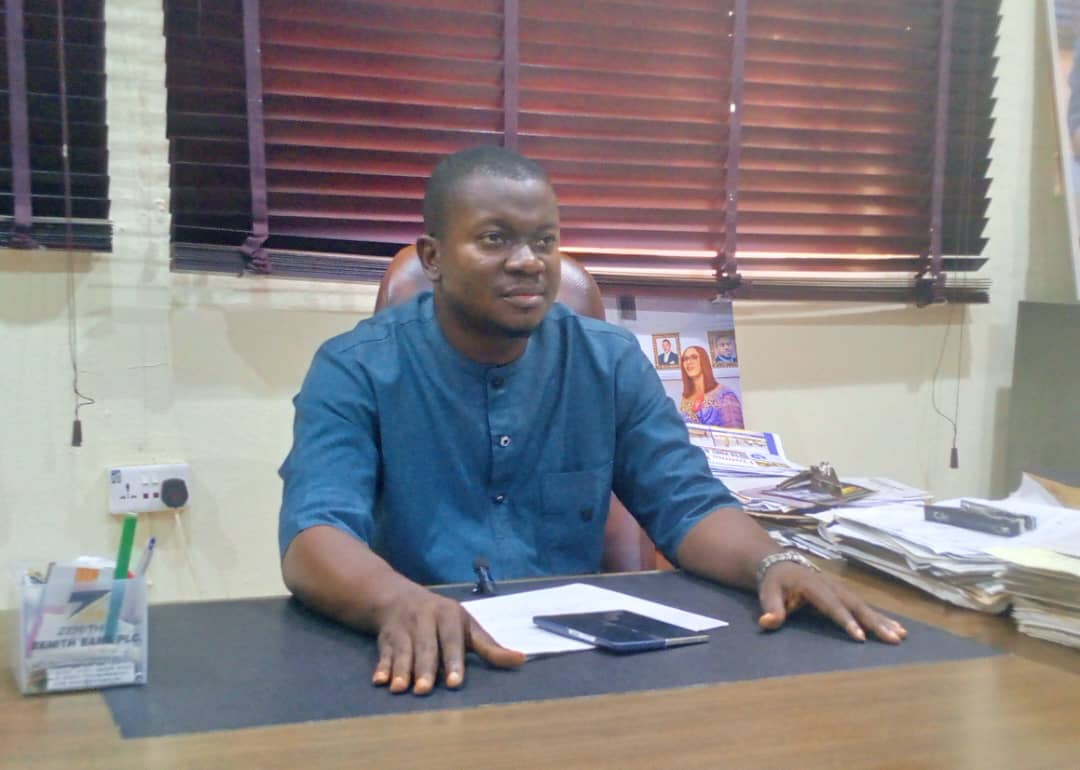Nigeria remains Africa’s largest economy by Gross Domestic Product (GDP) despite its private sector facing significant hurdles, according to Dr. Ndiame Diop, World Bank Country Director for Nigeria. Speaking during the Country Private Sector Diagnostic (CPSD) and Stakeholder Engagement in Abuja, Dr. Diop highlighted both the country’s economic potential and the challenges that hinder its growth.
While Nigeria receives far less Foreign Direct Investment (FDI) than its peers such as Indonesia and South Africa, it continues to hold its position as the continent’s largest economy.
Dr. Diop noted that the upcoming CPSD report will reveal how private sector constraints have slowed Nigeria’s economic progress. He stressed that removing these obstacles through targeted reforms would unlock the country’s vast economic potential.
Dr. Diop emphasized the importance of recent macroeconomic reforms in improving Nigeria’s business environment. Policies such as exchange rate adjustments and enhanced access to foreign exchange have created favorable conditions for investment and economic stability. These changes, he explained, have already begun to attract private sector interest and improve investor confidence.
The World Bank identified four critical sectors that could drive Nigeria’s economic transformation with the right reforms:
- Information Communication Technology (ICT): Potential investment opportunities of up to $4 billion, with the capacity to create over 200,000 jobs.
- Agribusiness: Reforms could unlock $6 billion in investments and generate more than 275,000 jobs.
- Solar Photovoltaic (PV) Industry: Estimated at $8.5 billion in potential investment, capable of creating over 129,000 jobs.
- Pharmaceutical Sector: Potential to attract $1.6 billion in investments and create 30,000 to 40,000 jobs.
Dr. Diop highlighted regulatory inconsistencies as a significant barrier to broadband expansion in the ICT sector. High and unpredictable right-of-way fees, levies, and informal charges account for 30% to 70% of broadband rollout costs. Efforts are underway through a World Bank-supported initiative to resolve these issues, with government agencies and private sector partners working together to ensure competitive access to wholesale fiber and improved rural broadband financing.
Despite Nigeria’s challenging energy sector, Dr. Diop praised the growing private sector interest in solar photovoltaic solutions. He cited the Distributed Energy Solutions (DES) project as a major success, aiming to connect 17.5 million households and businesses to solar power. Blended finance mechanisms supported by the World Bank and International Finance Corporation (IFC) have made off-grid energy solutions more viable.
However, Dr. Diop stressed that grid electricity supply reforms are essential for industrial growth.
In the pharmaceutical sector, Dr. Dahlia Khalifa, Regional Director for Central Africa and Anglophone West Africa at the IFC, called for consistent regulatory policies. She explained that businesses require a stable environment for strategic planning, and unpredictable customs duties and agency fees discourage investment.
Khalifa acknowledged that while direct job creation in the sector may be lower compared to others, improved healthcare services would yield significant economic benefits.
Nigeria’s Minister of Finance and Coordinating Minister of the Economy, Mr. Wale Edun, commended the IFC for its support across critical sectors such as agriculture, infrastructure, and pharmaceuticals. He cited key financing partnerships, including a $1.2 billion facility for Indorama’s fertilizer expansion and a $70 million initiative for small and medium enterprises (SMEs).
Edun highlighted the government’s bold reforms under President Bola Tinubu’s administration, which have reshaped the nation’s economic landscape. The removal of wasteful subsidies has improved government finances, while enhanced security has boosted oil production and revenue.
He reassured stakeholders of the administration’s commitment to mitigating the cost-of-living crisis, especially through increased food production and affordability measures.
While acknowledging the short-term inflationary pressures caused by fuel subsidy removal, Edun promised targeted interventions, including direct cash transfers to vulnerable citizens, supported by the World Bank.
To ensure effective delivery of social protection programs, the government plans to leverage technology, including biometric-enabled systems, to provide swift assistance to those in need. With continued reforms and support from international partners, Nigeria’s economic future looks promising despite the current challenges.
.




